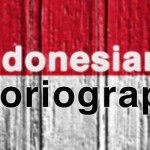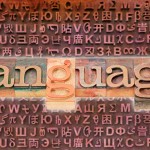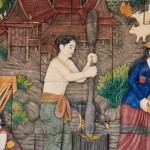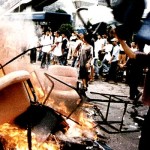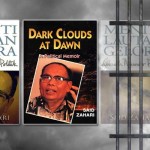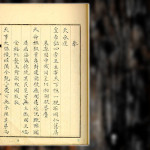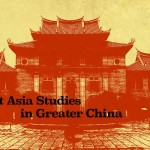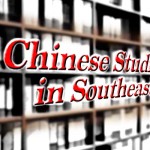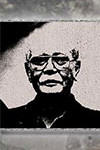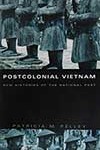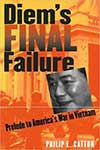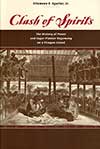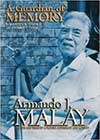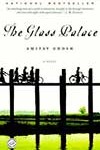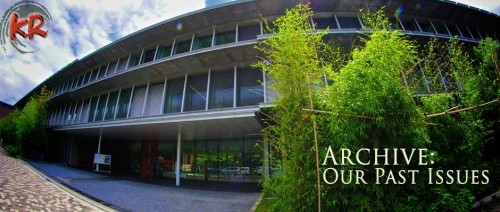Kyoto Review of Southeast Asia. Issue 3 (March 2003). Nations and Other Stories
EDITORIAL
We live our lives within many overlapping stories – of families, political commitments, careers, friendships, and, of course, nations. In Southeast Asia’s recent past, the nation’s story has had particular strength in shaping, dominating, and even eclipsing other narratives of peoples’ lives. This issue of the Kyoto Review examines efforts to define national stories, some alternative narratives that have been marginalized in the process, and glimpses into the ways national narratives intersect with others – from those of citizens’ personal lives to those of neighboring nations.
At the core of the issue are four essays reviewing recent developments in nationalist historiography. (Please see the sidebar in each article for summaries in five languages.) Articles on Thailand and Indonesia survey political, methodological, and technological challenges to dominant historiographies, while those on Malaysia and the Philippines examine particular attempts to open new ways of discussing the past. Related features, reprints, and short reviews looking at intertwining individual and national histories – in Malaysia, the Philippines, Indonesia, Vietnam, Thailand, Cambodia, Burma, and India – raise questions about violence, love, ideology, aspirations, ethnicity, exclusion, universalism, and how we remember.
A feature focus on Research and Documentation includes articles on Southeast Asian studies in China, Philippine holdings in the Osaka Museum of Ethnology, Japanese scholarship on communism, Chinese heritage centers in Singapore and Malaysia, and an introduction to diplomatic documents of the Ryukyu Kingdom and its regional network.
Finally, many authors touch on the under-addressed question of the gap between academic historiography and popular historical perception. At issue is the way we write, our methodological and ideological concerns, and differential access to new technologies of research and dissemination. It is part of a larger question – the role of academic production – to which we will surely return in the future.
Donna Amoroso
Editor, Kyoto Review of Southeast Asia


